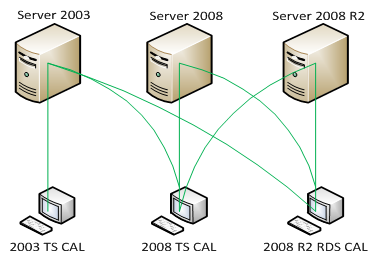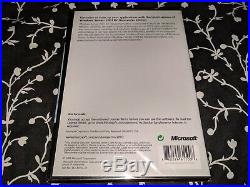
I also believe that Microsoft wants you to understand the "intent" of the licensing and not get wrapped up too much in it.I talked with my own MVLS contact and their own answer was "just buy a device CAL for each computer and call it a day".

It's definitely not something that seems to be spelled out in pure black and white though.įor me, device CALs have always been the simpler approach. If I'm using a "device CAL" then I can physically go to X number of devices and log into AD with any of those accounts (where X is based on the # of device CALs I own).

That means I can have TheCleaner1, TheCleaner2, TheCleaner3, TheCleaner N as accounts in AD but I can log in as any of them if I wanted to.however I can only log in to one of those accounts at any given time if I'm using a "user CAL". You need CALs to access Windows servers, not to store directory objects. It is the only edition of Windows Server 2003 that does not require any client access license (CAL) when used as the internet facing server front-end for Internet Information Services and Windows Server Update Services. because you have some application which queries LDAP directory services), no CAL is needed. Windows Server 2003 Web supports a maximum of 2 physical processors and a maximum of 2 GB of RAM. If you are only using AD as a user database (f.e. That says " physical device or physical user" not user accounts in AD. If those user accounts are used to access Windows servers in the domain, you need CALs for them. You can put 100 user accounts in AD, but only 25 connections to AD/SBS will be allowed by your CAL licensing at a given time. However, you can store as many as you'd like in AD as long as your CALs allow for the number of connections necessary. English Windows Server Windows 2003 System Migration.

A CAL for SBS is needed for each actual user OR device that will connect. Use Cases Apply Use Cases filter Third-Party Testing Apply Third-Party Testing filter Solution Briefs Apply Solution Briefs filter Presentations Apply Presentations filter Infographics Apply Infographics filter FAQs Apply FAQs filter Executive Summaries Apply Executive Summaries filter Applied filters.


 0 kommentar(er)
0 kommentar(er)
